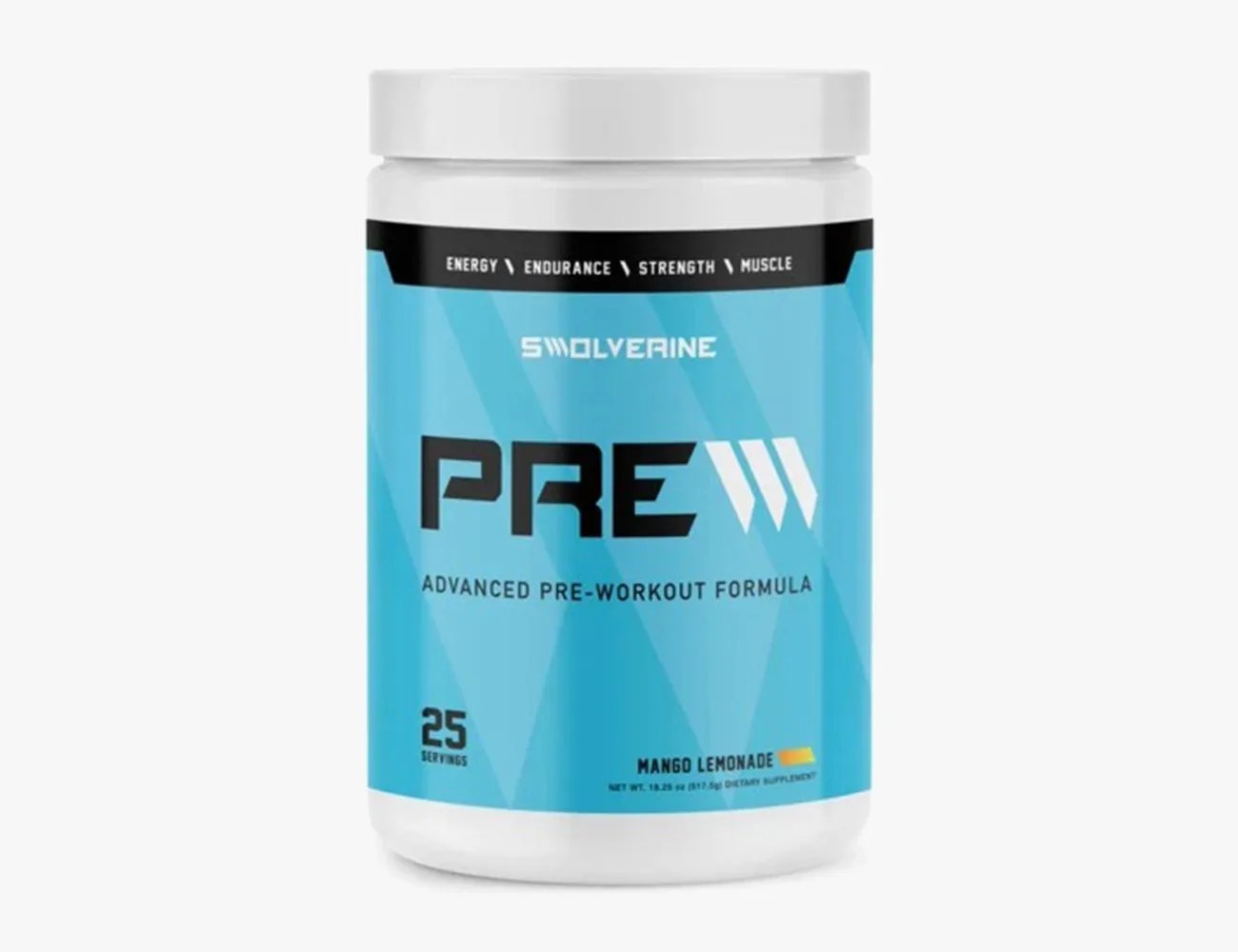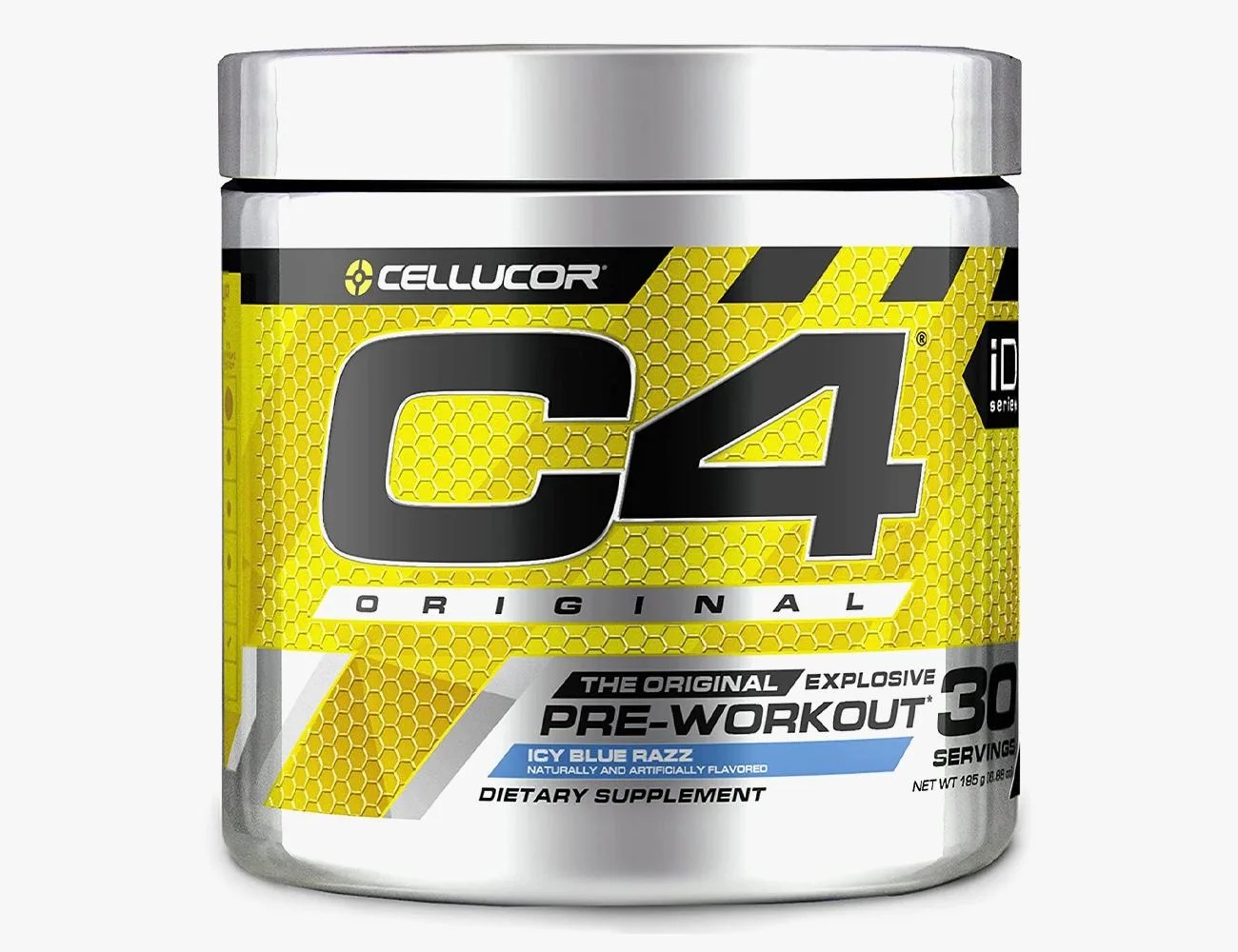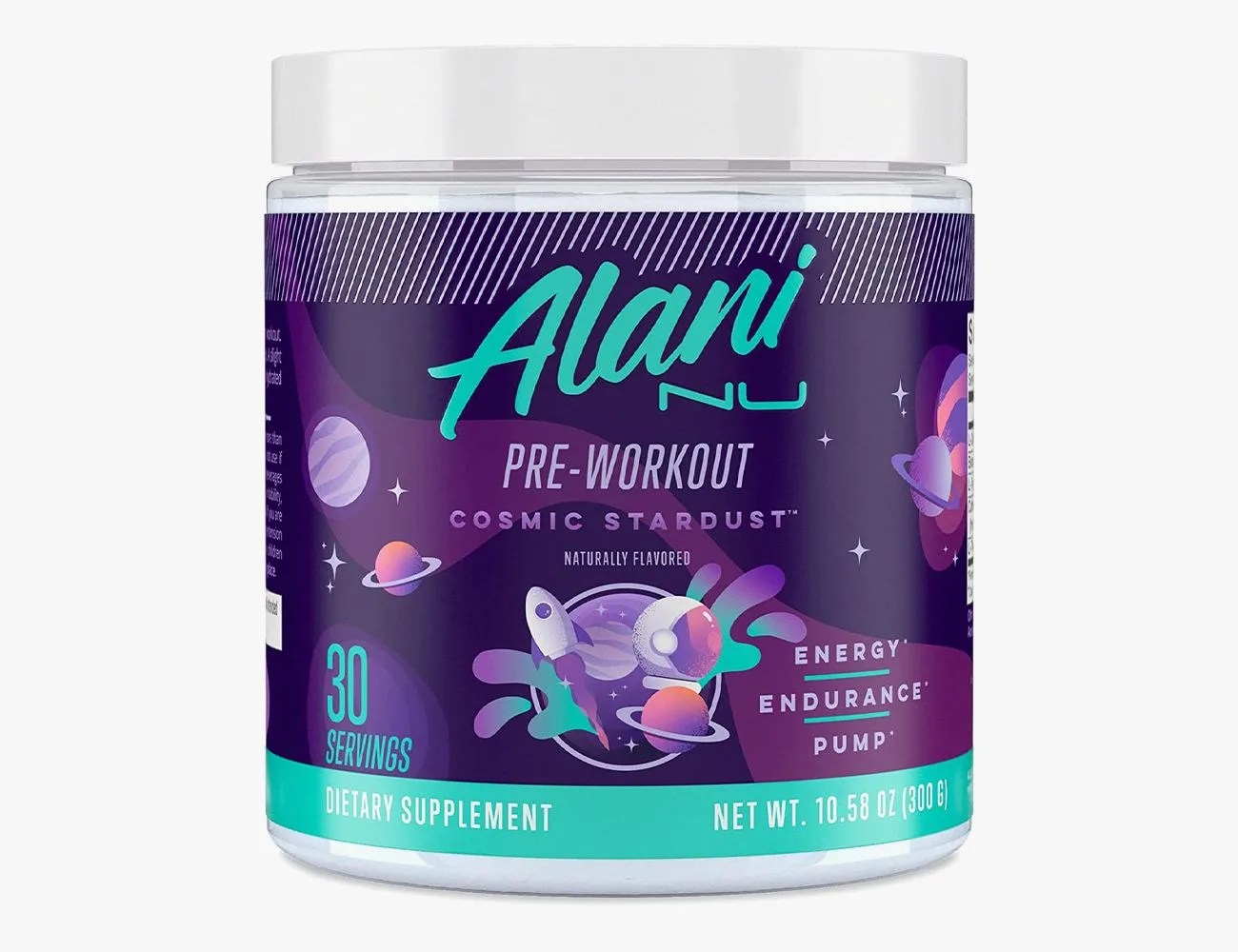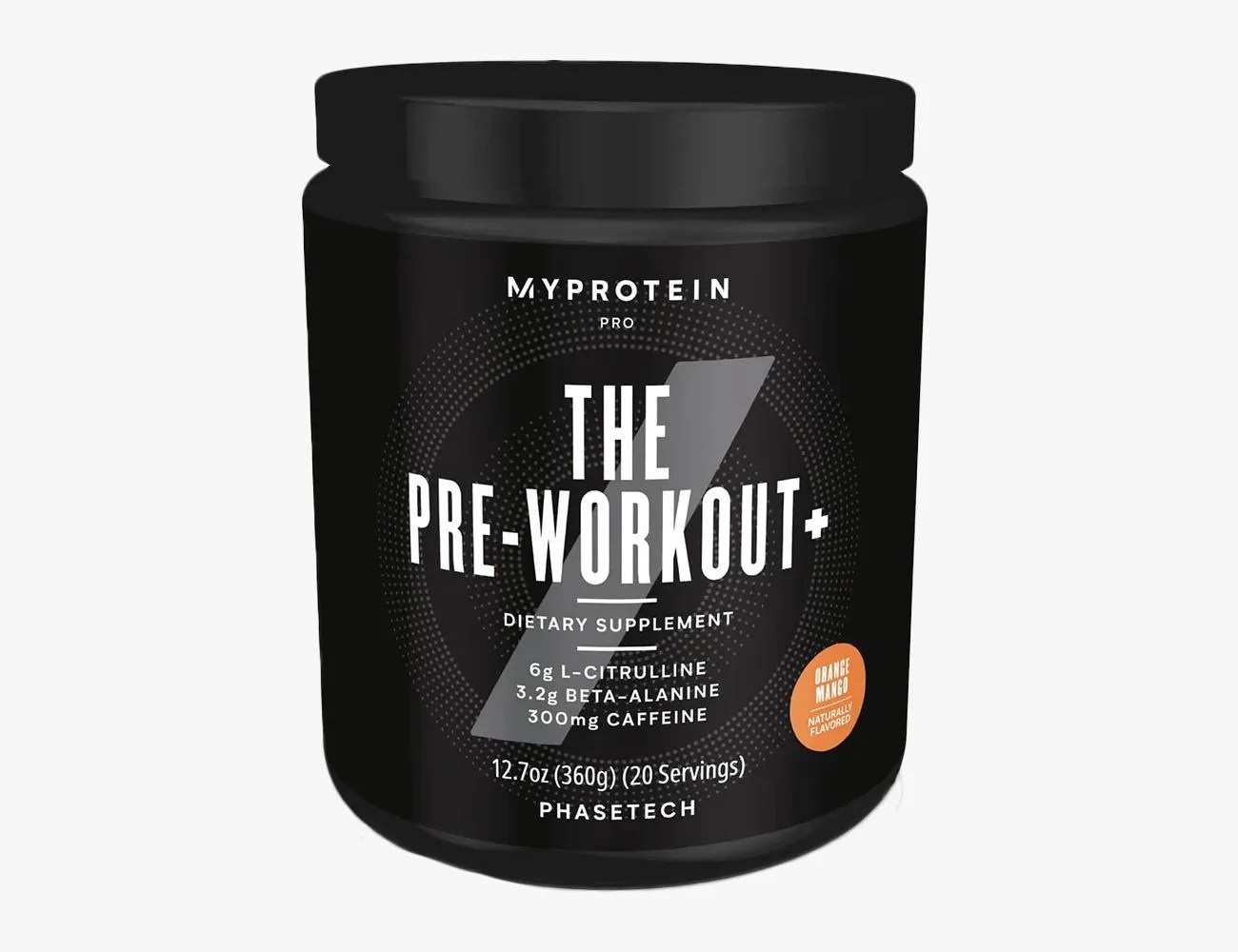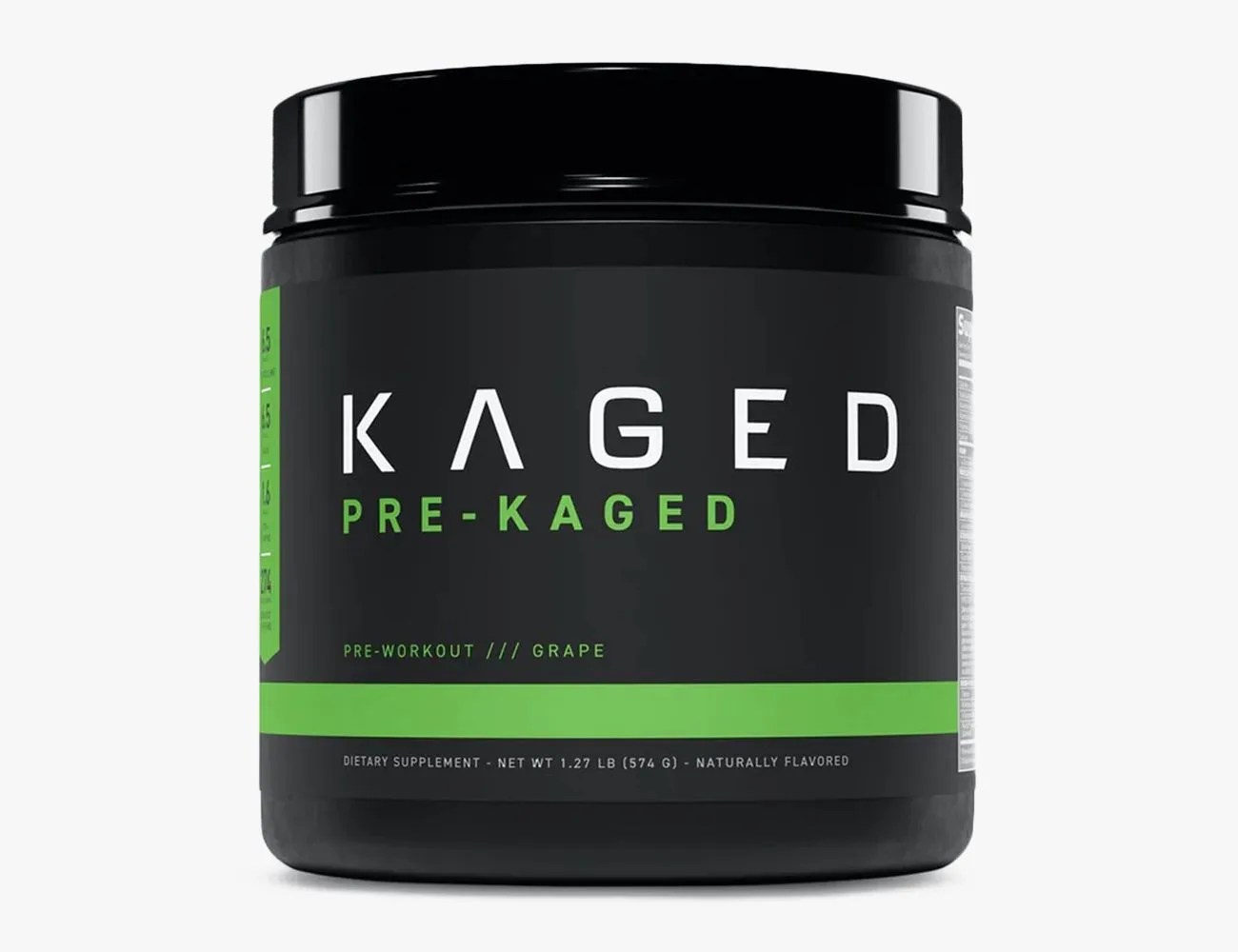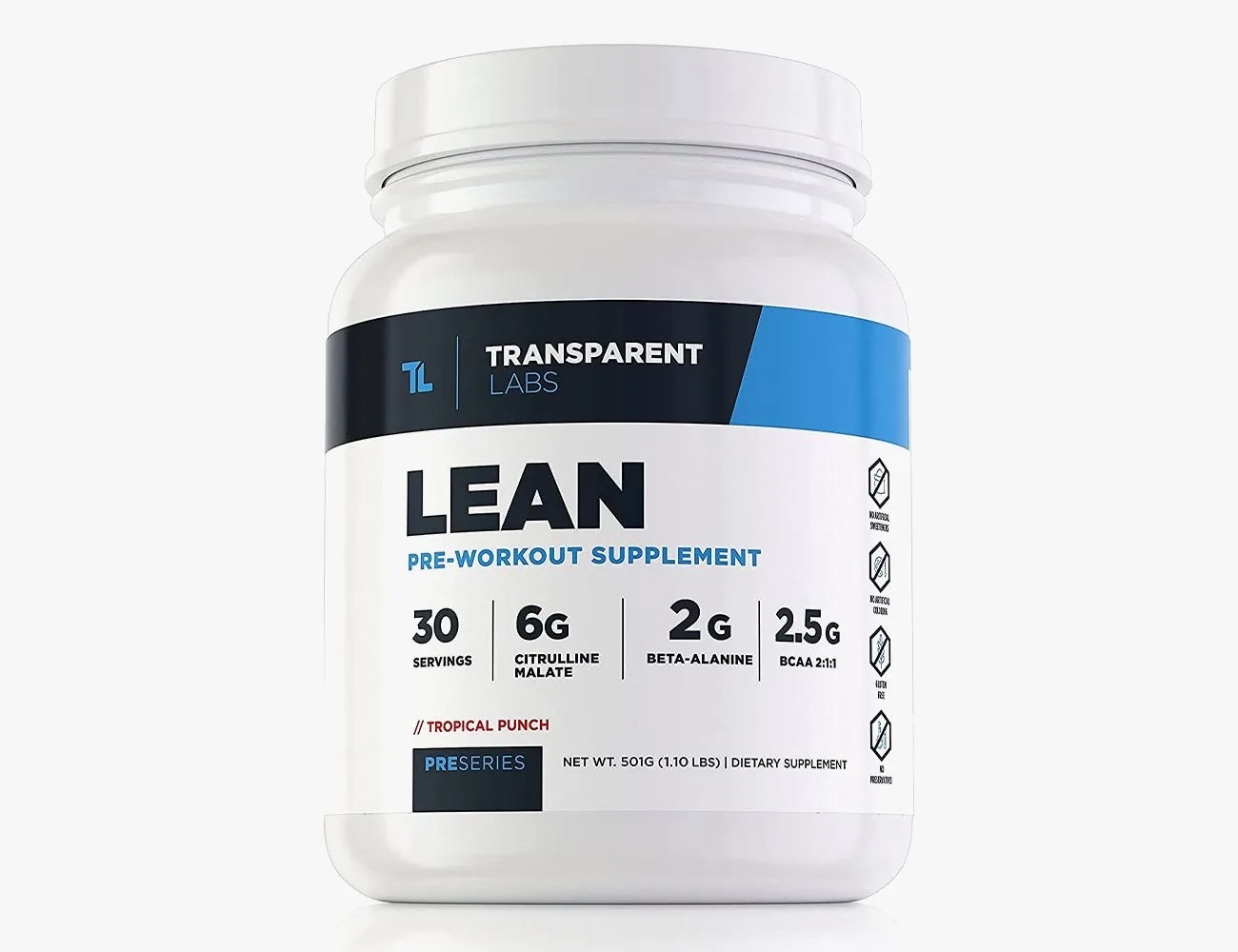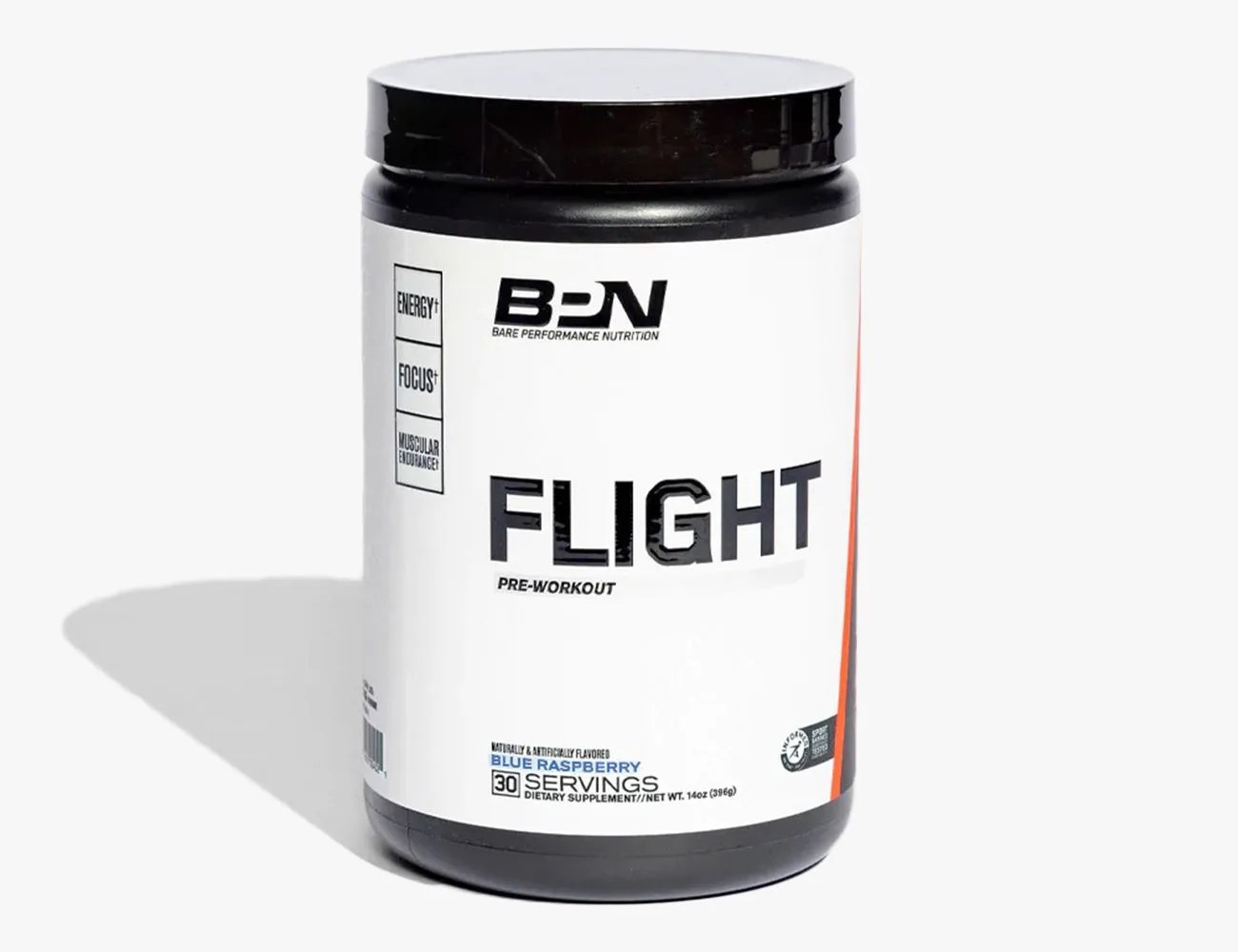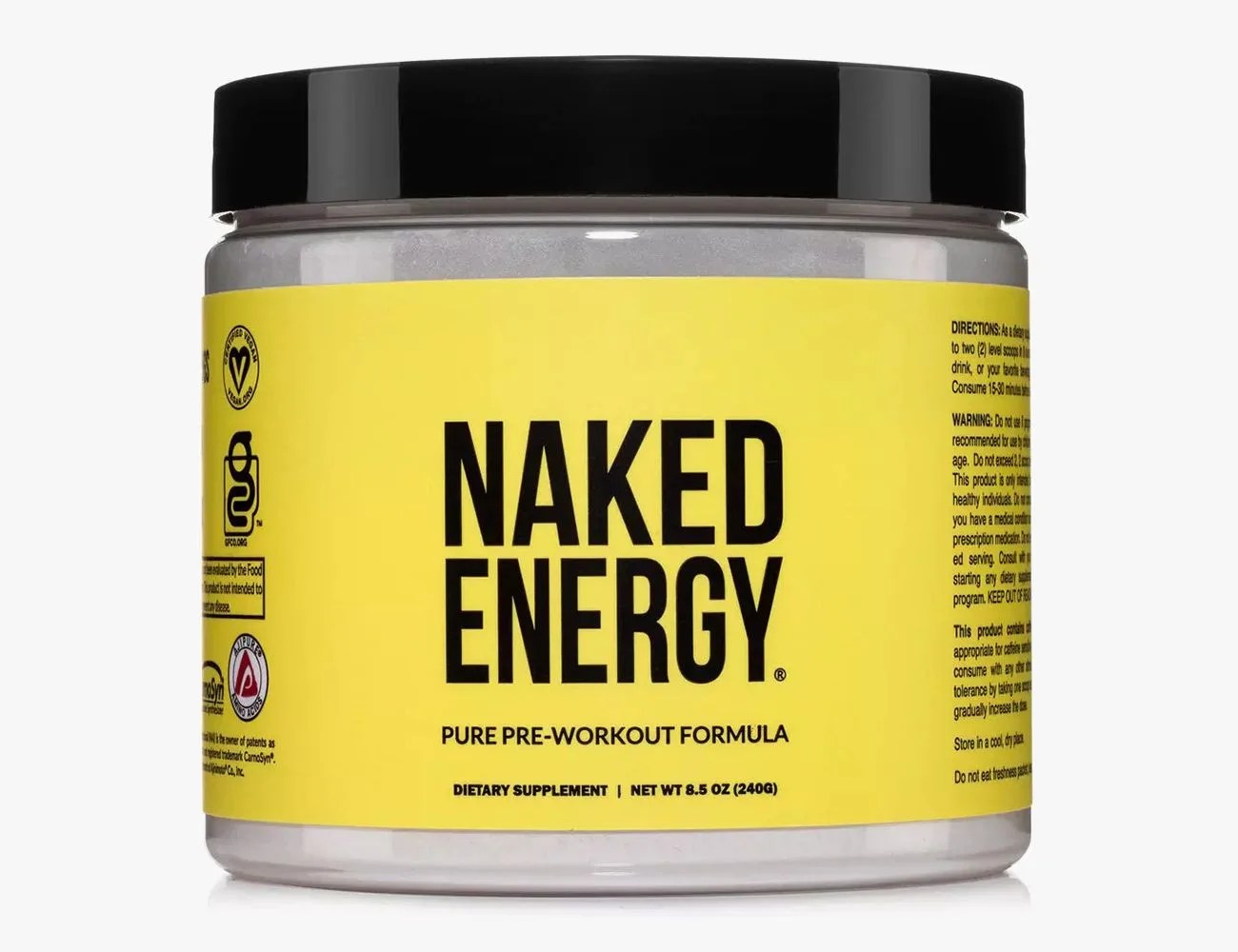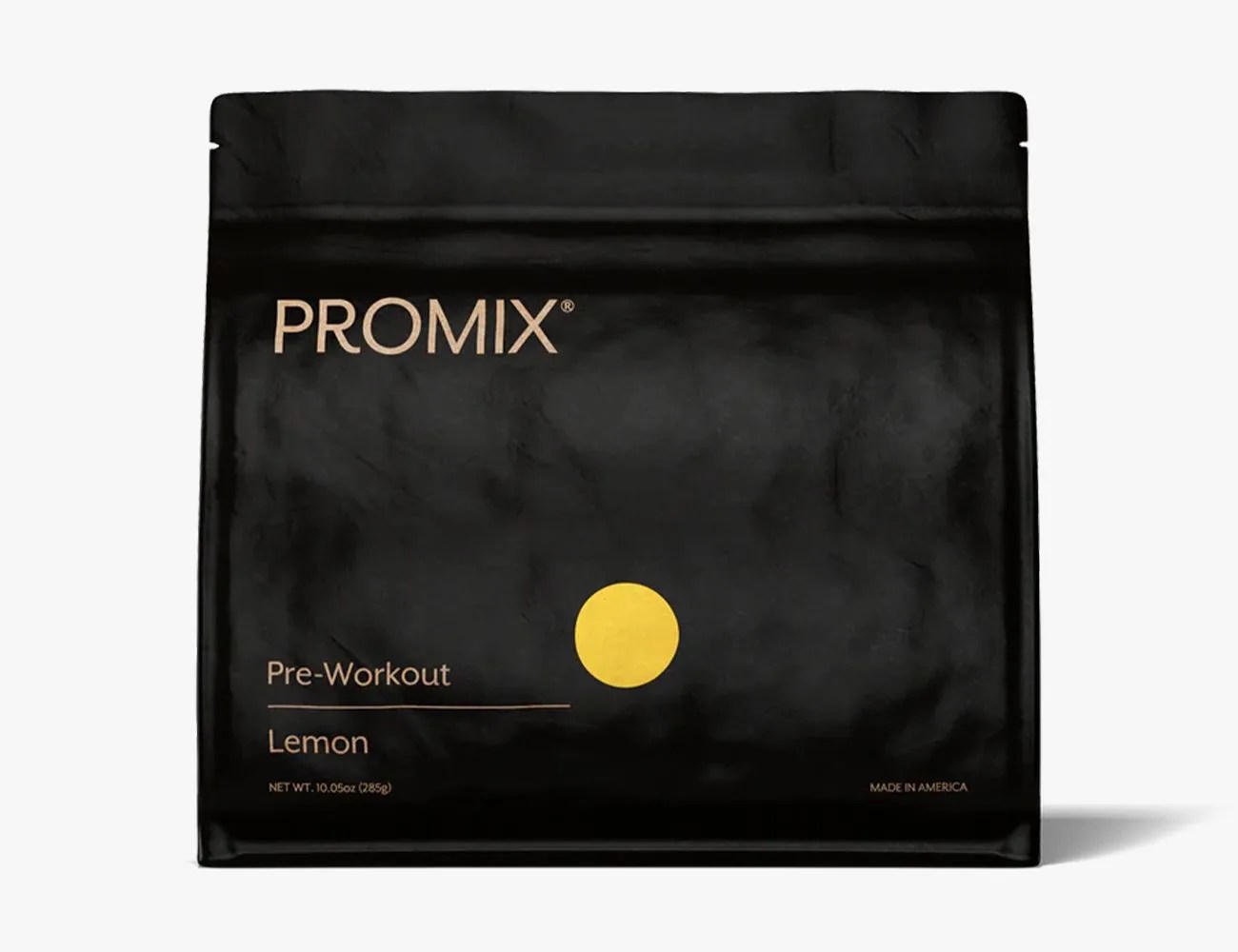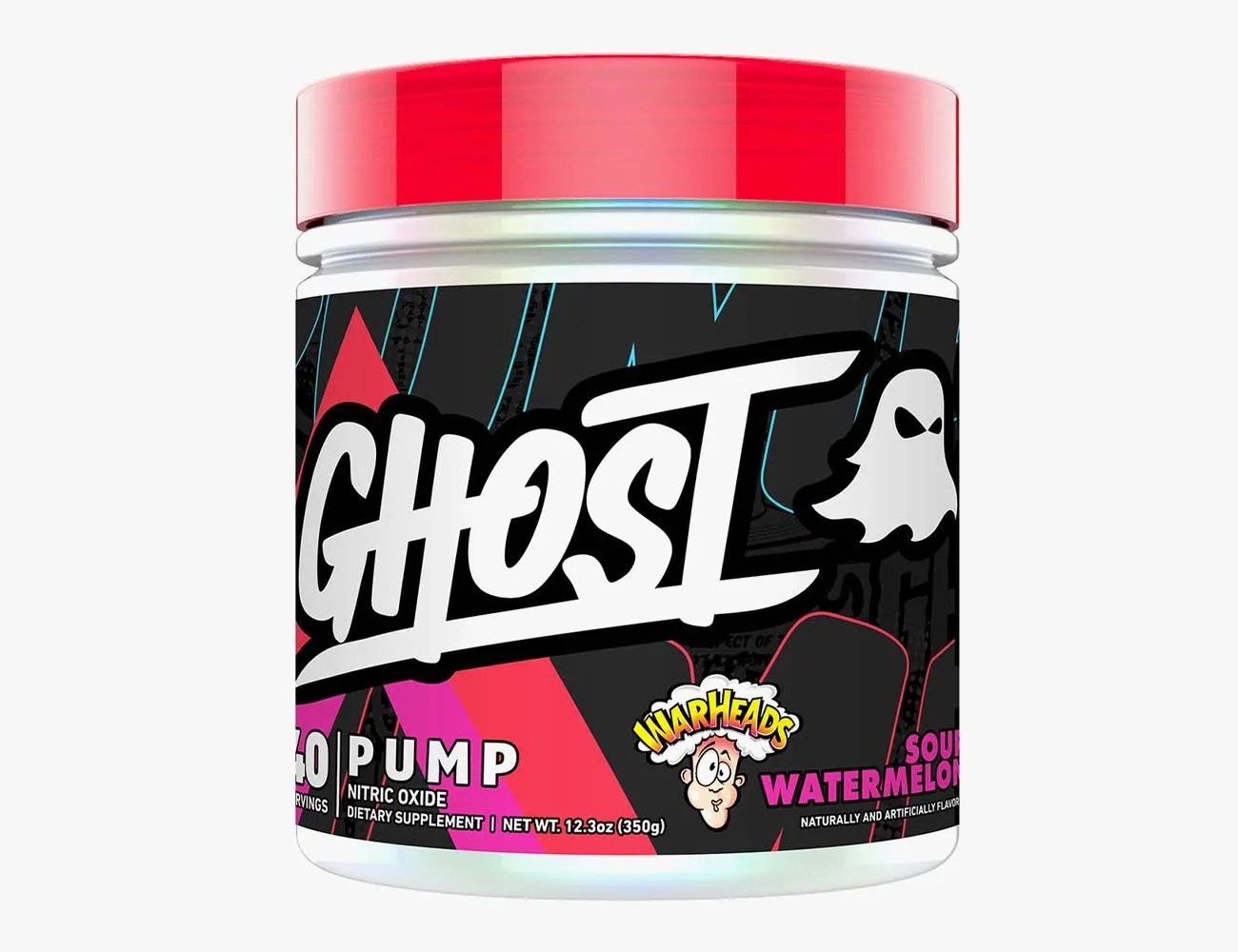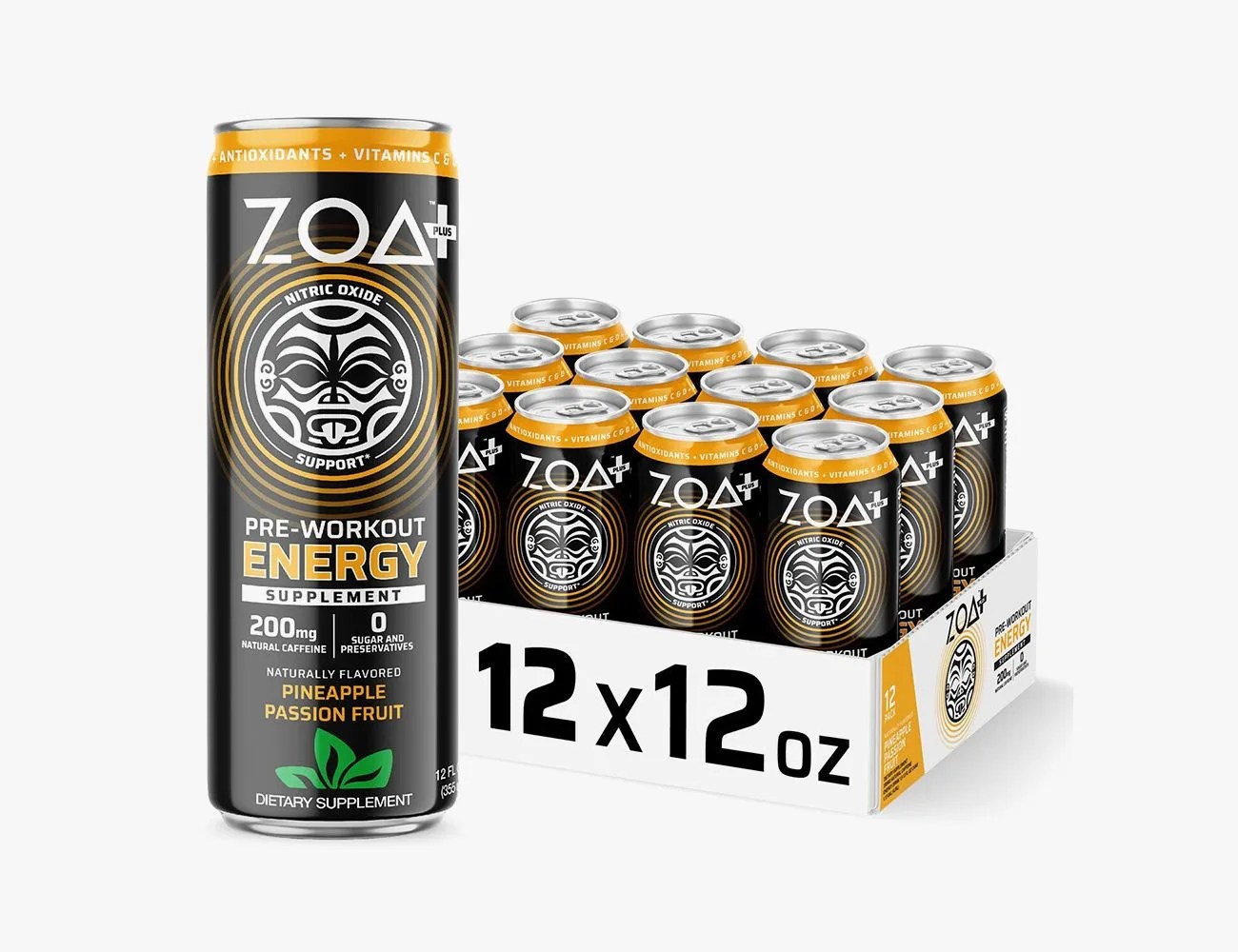You can’t get after your training if you don’t have fuel in the tank. For many athletes, eating a nutritious snack or meal before a run or gym session can be enough to power our bodies for sustained performance. Sadly, however, not everyone’s schedule allows for whole meals to serve as the sole source of energy, and even still, there are times when we’d like to have a little more gas behind that last mile or final squat rep.
Enter pre-workout, one of the most popular supplements out there thanks to its assistance with energy, focus and muscle metabolism. There are a plethora of pre-workout supplements on the market, and as is the case in most supplement categories, there exists a lot of smoke and mirrors. Before we get the scoop on the best pre-workout supplements available today, let’s mix in some helpful facts to get a better understanding of what’s typically in pre-workout, who should be taking the supplement and what to look for before purchasing.
Products in the Guide
-
Huge Supplements Wrecked
BEST OVERALL PRE-WORKOUT
Read more -
Swolverine Preworkout
BEST UPGRADE PRE-WORKOUT
Read more -
Cellucor C4 Original
BEST BUDGET PRE-WORKOUT
Read more -
Alani Nu Pre-Workout
BEST TASTING PRE-WORKOUT
Read more -
MyProtein THE Pre-Workout+
BEST PRE-WORKOUT FOR RUNNING
Read more -
Kaged Pre-Kaged Pre-Workout
BEST PRE-WORKOUT FOR STRENGTH TRAINING
Read more -
Transparent Labs Lean
BEST PRE-WORKOUT FOR WEIGHT LOSS
Read more -
Bare Performance Nutrition Flight
MOST VERSATILE PRE-WORKOUT
Read more -
Naked Nutrition Naked Energy
BEST VEGAN PRE-WORKOUT
Read more -
Promix Nutrition Pre-Workout
BEST NATURAL PRE-WORKOUT
Read more -
Ghost Pump V2 Nitric Oxide
BEST STIM-FREE PRE-WORKOUT
Read more -
Zoa+ Pre-Workout Energy Drink
BEST CANNED PRE-WORKOUT
Read more
What’s in a Pre-Workout?
How many and exactly what ingredients are in pre-workout vary greatly depending on the brand. However, there are a few key ingredients most pre-workouts will have because they have been shown to aid in athletic performance. Here are the five most common ingredients and what they do.
Caffeine
Caffeine is most commonly found as a natural stimulant derived from beans, leaves, nuts or pods. Synthetic caffeine also exists but is most common in certain medicines and energy drinks. Its largest benefit for athletes lies in the central nervous system, where it can help improve awakeness and give you a boost of energy.
Beta-Alanine
Beta-alanine is a non-essential amino acid, meaning your body produces it naturally. It supports the production of carnosine, which can help buffer acid levels in your muscles to delay muscle fatigue. If you’ve ever taken pre-workout and felt that tingling underskin sensation, beta-alanine is likely the cause.
Creatine
Creatine is found naturally in our muscles and aids in the production of adenosine triphosphate, or ATP, which supplies the muscles with short, intense bursts of energy. By supplementing with creatine you can potentially increase the production of ATP to help improve this energy burst, which in turn can lead to better muscle strength and size over extended training.
L-Citrulline & L-Arginine
Citrulline is another non-essential amino acid popular in pre-workout ingredient lists. Its main function is to kickstart the production of arginine, another non-essential amino acid, which is then converted into nitric oxide to help your arteries relax and improve blood flow. This can be ideal in pre-workout supplements for two reasons. One, improved blood flow can allow your muscles to work more efficiently as they bring oxygen to and from the worked areas. Two, more blood flow can lead to swollen muscles, or that aesthetically-pleasing “pump” feeling that strength athletes often chase in the gym.
Branched-Chain Amino Acids
Branched-chain amino acids, or BCAAs, are essential amino acids, meaning our bodies cannot create them. Therefore, they must be consumed through our diet, whether that be through proper nutrition or supplementation. BCAAs can play a pivotal role in protein synthesis, leading to perceived benefits such as improved muscle growth and retention, better hydration and lessened fatigue, which is why BCAAs on their own are a popular supplement category. Having a dose of BCAAs in pre-workout is common to help kickstart that protein synthesis, leading to better-maintained cellular energy throughout your training.
Who Should Take Pre-Workout?
Pre-workout can be a suitable supplement for those wanting that extra energy boost that cannot otherwise be achieved through a normal diet alone, and there is merit to this powder’s potency. A 2010 study published in the Journal of the International Society of Sports Nutrition found that mixing pre-workout supplements with high-intensity interval training can result in increased VO2 max readings as well as training volume upticks and sped-up heart rates — which can aid in body fat loss. Because the ingredients within pre-workout can have an immediate effect on your heart and blood flow, however, it’s wise to take the time and consider your personal health before shaking up a dose before your next workout.
“Pre-workouts are the most notorious for having things that aren’t so great for your health in them,” says Shannon O’Grady, Ph.D., who has a doctorate in biology with a focus in nutritional physiology. It’s important to read the labels and stay within the manufacturer’s suggested servings, too, as everyone’s caffeine tolerances and heart health are different — the effects on one athlete can easily be different from another. O’Grady strongly suggests looking at the ingredients and paying special attention to the amounts of each, particularly when it comes to caffeine, citrulline and arginine. If you’re not familiar with an ingredient, you can always look at the FDA’s website for further information or consult your personal health professional to see if your body is able to consume said product.
While this might make choosing a proper pre-workout to be a daunting task, there are plenty of brands that follow third-party testing to relieve any potential fears you may have about banned or potentially harmful ingredients. Look for powders certified by either NSF Certified for Sport, BSCG, Informed Sport or other institutions.


